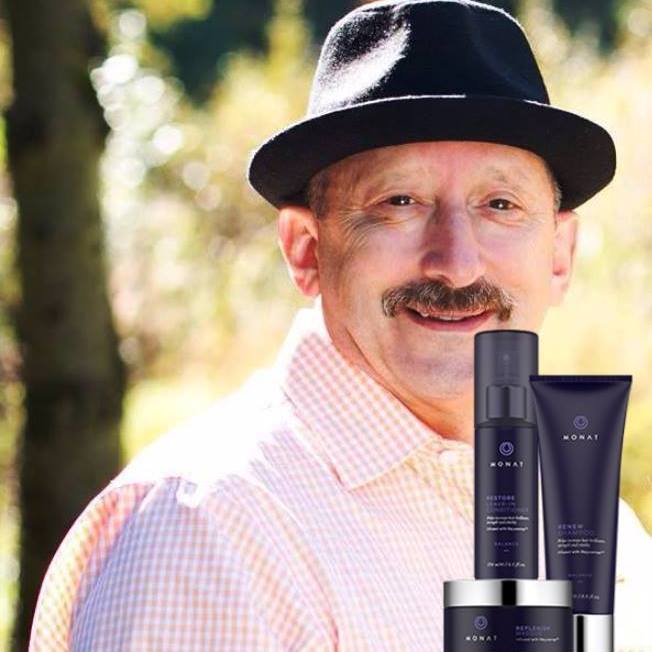Losing hair can be a distressing experience for both men and women. It can impact our confidence, self-esteem, and overall well-being. While there are numerous products and treatments claiming to combat hair loss, one emerging technique that has gained significant attention is laser therapy. In this blog post, we will delve into the world of laser therapy for hair loss, exploring how it works, its potential benefits, and its role in the future of hair restoration.
Understanding Laser Therapy
Laser therapy, also known as low-level laser therapy (LLLT) or red light therapy, is a non-invasive procedure that utilizes low-level laser energy to stimulate hair growth. The concept of using light to promote hair growth has been around for several decades, but recent advancements in technology have made it more accessible and effective.
How Does Laser Therapy Work?
Laser therapy works by delivering specific wavelengths of light to the scalp. These photons are absorbed by the hair follicles, which are the tiny structures responsible for hair growth. The absorbed light energy stimulates cellular activity within the follicles, promoting increased blood flow, nutrient delivery, and the production of adenosine triphosphate (ATP), which is essential for cellular function. As a result, the dormant hair follicles are revitalized, leading to improved hair growth and thickness.
Benefits of Laser Therapy for Hair Loss
- Stimulates Hair Growth: Laser therapy has been shown to stimulate the growth of new hair follicles and revive dormant ones. It can help thicken existing hair, increase hair density, and promote overall hair regrowth.
- Non-Invasive and Painless: Unlike surgical hair restoration procedures, laser therapy is a non-invasive and painless treatment option. It does not require any incisions, anesthesia, or recovery time, making it a convenient choice for many individuals.
- Safe and Side Effect-Free: Laser therapy is considered safe, as it does not involve the use of harsh chemicals or medications that may have adverse effects. It is a well-tolerated treatment, and no significant side effects have been reported.
- Suitable for Various Hair Loss Conditions: Laser therapy can be beneficial for different types of hair loss, including androgenetic alopecia (male/female pattern baldness), alopecia areata, and telogen effluvium. It can also be used in conjunction with other hair loss treatments for enhanced results.
- Improved Hair Health: Beyond stimulating hair growth, laser therapy can improve the overall health of your hair. It may help reduce scalp inflammation, strengthen hair shafts, and enhance the appearance and texture of your hair.
The Future of Hair Restoration
Laser therapy for hair loss represents a promising advancement in the field of hair restoration. As technology continues to evolve, we can expect further innovations and refinements in laser devices, making them even more efficient and effective. Combining laser therapy with other hair loss treatments, such as topical medications or hair transplantation, may yield even better outcomes for individuals seeking a comprehensive approach to hair restoration.
Conclusion
Hair loss can have a significant impact on our confidence and self-image. While there are various options available for hair restoration, laser therapy stands out as a non-invasive, painless, and safe treatment option. By stimulating hair growth and improving overall hair health, laser therapy offers hope to individuals struggling with hair loss. As research and technology progress, laser therapy may become an essential component of comprehensive hair restoration strategies, helping people regain their crowning glory and boost their self-esteem.
